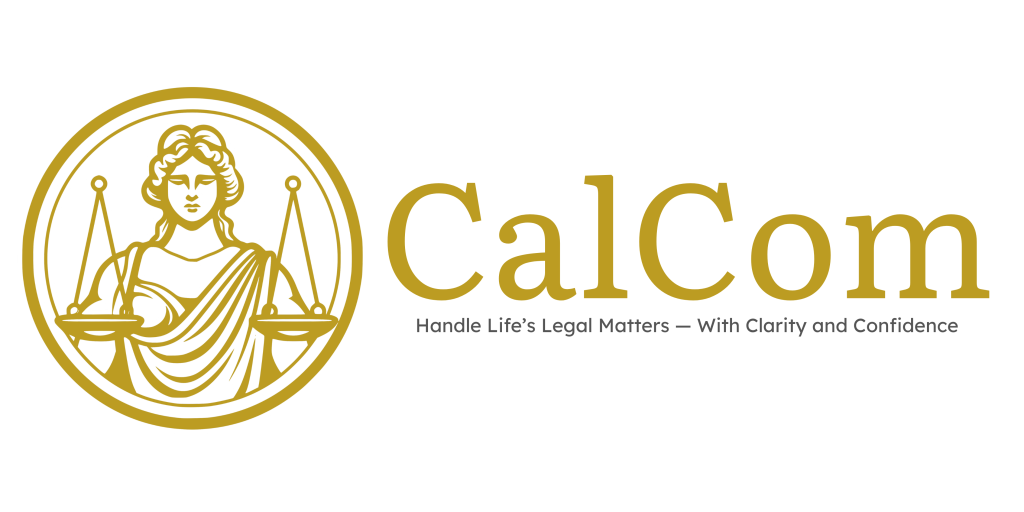In today’s interconnected world, our digital presence has become an integral part of our lives. From social media accounts to online banking, our online identity is often as important as our physical one. But have you ever considered what will happen to your digital life after you pass away or if you become incapacitated? This is where the concept of a “digital legacy” comes into play. Planning for your digital legacy ensures that your online accounts, data, and personal information are managed appropriately if something were to happen to you. Here’s a guide to understanding and planning for your digital legacy.
What is a Digital Legacy and Why It Matters
A digital legacy refers to the collection of your online presence—your social media profiles, email accounts, financial information, photos, videos, and more—and how that presence is managed after your death or in the event of incapacitation. As more aspects of our personal and professional lives move online, it’s essential to think about how this digital footprint will be handled when you’re no longer able to manage it.
Without proper planning, your digital accounts could be left unmanaged, locked, or even misused. In some cases, loved ones may not have the access needed to manage your affairs, leaving them frustrated and potentially in legal limbo. Planning your digital legacy not only offers peace of mind but also ensures that your online assets and accounts are handled according to your wishes.
Accounts, Access, and Passwords
One of the most significant aspects of your digital legacy is the management of your online accounts. This includes everything from social media accounts like Facebook, Twitter, and Instagram to email accounts, cloud storage, and online banking platforms. Since many online accounts are protected by passwords, it’s crucial to have a system in place for passing on access. There are several options for securely managing passwords and granting access to trusted individuals:
Password Managers: Tools like LastPass, 1Password, or Dashlane securely store passwords and can be configured to allow access to a trusted individual in the event of your death or incapacity.
Digital Will: Some individuals create a digital will that designates a trusted person to handle their digital assets. These wills can specify how accounts should be closed, transferred, or preserved.
Legacy Contact Settings: Some platforms, like Facebook and Google, allow you to designate a legacy contact or trustee who can manage your account posthumously.
Tools Like Digital Wills, Password Managers, and Directives
In addition to password managers, other tools can help manage your digital legacy. A digital will or directive allows you to specify your wishes regarding your online accounts and assets, such as:
What should happen to your social media accounts?
Who should have access to your email or cloud storage?
How should your digital assets (photos, documents, intellectual property) be handled?
Services like Everplans and Cake can help you organize this information and securely store it for future use. It’s also important to update these documents regularly to reflect any changes in your digital presence or accounts.
Who Should You Trust to Manage It?
Choosing the right person to manage your digital legacy is critical. The individual you select should be trustworthy, organized, and tech-savvy enough to navigate your accounts. This could be a family member, a close friend, or a professional, such as an attorney. You should also provide them with clear instructions regarding the management of your online assets and how to access your password manager or digital will.
Steps to Get Started
Inventory your digital assets: Make a comprehensive list of your online accounts, including email, social media, banking, and subscription services.
Choose a password manager: Set up a password manager to securely store your passwords and share access with a trusted person.
Create a digital will or directive: Draft a document specifying how your digital accounts should be handled.
Communicate your plan: Inform the person managing your digital legacy about your plan and how they can access the necessary information.
Privacy, Legality, and Best Practices
When planning for your digital legacy, it’s important to consider privacy and legal implications. Ensure that any information you share with trusted individuals is secure, and comply with any legal requirements for handling digital assets. Many states have laws regarding the management of digital assets after death, so be sure to stay informed and seek legal advice if necessary.
Planning for your digital legacy is an essential step in today’s increasingly digital world. By taking the time to organize your online accounts, passwords, and directives, you can ensure that your digital life is managed according to your wishes.

